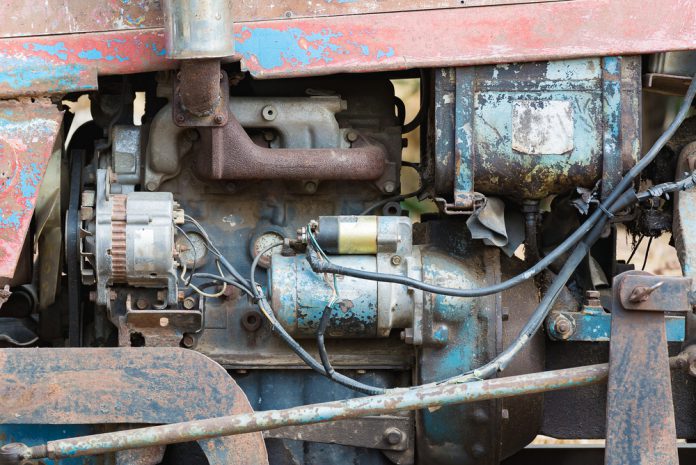Due to be published next week, the government are expected to offer cash payments to those with diesel cars living in polluted towns and cities as part of a new scrappage scheme.
The new scheme aims to remove old and more polluting diesel cars off the road, to replace them with cleaner vehicles.
This is a new priority for the UK Government after the European Environment Agency released statistics that showed that the UK had almost 12,000 premature deaths linked to nitrogen dioxide in 2013.
Last year, the UK government was told to strengthen plans to tackle pollution after a judicial review found the existing proposals to be “woefully inadequate”.
A poll by AA showed that only 10 percent of motorists would oppose the new scheme, with 68 percent of drivers supporting the scrappage scheme.
Conservative chairman of the Environment, Food and Rural Affairs Select Committee, Neil Parish, will urge members of Parliament on Wednesday to support the scheme.
“Households should not just be able to trade in multiple diesels for a cash subsidy” he will say. The government should “should particularly consider targeting a scrappage scheme at poorer households or those earning less than 60 percent of the median UK household income”.
“If the government earmarked £500m for this scheme, it would take nearly 10% of the 5m dirtiest diesels off our roads. Limiting the scheme to these hotspots could potentially take as many as half of these dirtiest diesels out of these pollution hotspots.”
Prime minister Theresa May has suggested a commitment to the scheme as a way to tackle pollution.
“In relation to the issue of diesel cars, obviously we will be producing a new air quality plan, we’ve been required to do that by the courts.” she said on a recent trip to the Middle East.
“Decisions will be taken when we produce that plan – obviously we will take final decisions as to what we do.
“But I’m very conscious of the fact that past governments have encouraged people to buy diesel cars and we need to take that into account when we’re looking at what we do in the future.”

